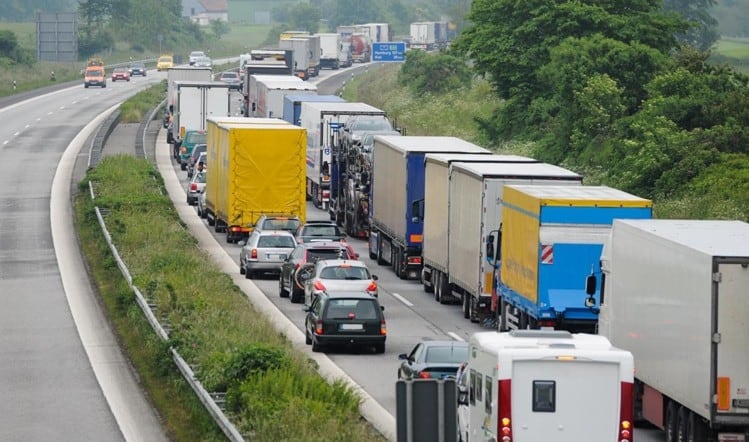The answer to this has, so far, been yes. But there have been some scary moments along the way. And now, with the second peak of the virus well underway, this question remains significant.
In the UK stockpilable, non-perishable categories like pasta, tinned veg, home baking, frozen foods - to name a few - came under extreme pressure in the early months of this year and took varying amounts of time to reaappear consistently back on the shelves.
In the US it took Donald Trump’s intervention for major meat processing plants to re-open, using legislation from the Korean War – namely, the Defense Production Act – to avoid major supply disruption.
So, will COVID-19 lead to a new approach to retailer-supplier relationships in the future?
Collaboration
Whilst there has been developing levels of collaboration between trading partners over recent years, this has arguably tended to be more tactical than strategic and supply chain risk hasn’t been a major feature within this.
Given the turbulence of recent months, and a second peak of the virus causing even further concern, will we see a future where category ranging and sourcing decisions are also made on the basis of supply chain risk?
Imagine a situation where the current optimum situation is a category that has just two product ranges, say a premium brand and a private label; both high volume but with very similar supply chains. Both ranges might be produced in the same factory, region or country. Will the new ways of thinking brought on by the past year look to further mitigate risk by, for instance, introducing a third supplier with a very different sourcing and supply chain?
Supply chain risk
In such a world we can see that supply chains and supply chain risk, as well as traditional elements such as brand strength, pricing and trade investments, will play a role in decision-making and will therefore offer competitive advantage.
Compared to other sectors such as the automotive industry, retailers know relatively little about a suppliers’ supply chain. However, this is likely to change moving forwards, driving a much higher level of transparency and collaboration.
Whilst COVID-19 has brought about many of these changes, the looming prospect of a no-deal Brexit is also a key reason why transparency and collaboration are key.
We can expect relationships to move from shorter term and of a trading nature to those that are more collaborative, strategic and built to last over the long term. Our sense is that retailers’ doors may already be starting to open to this new approach. Are you ready to walk through it?
Dave Howorth is executive director at SCALA, a leading provider of management services for the supply chain and logistics sector.




